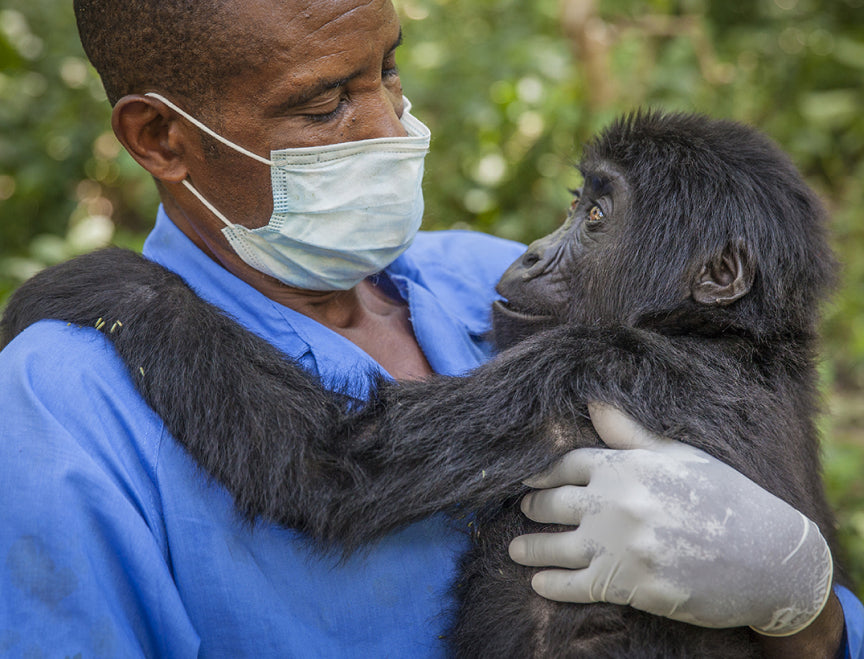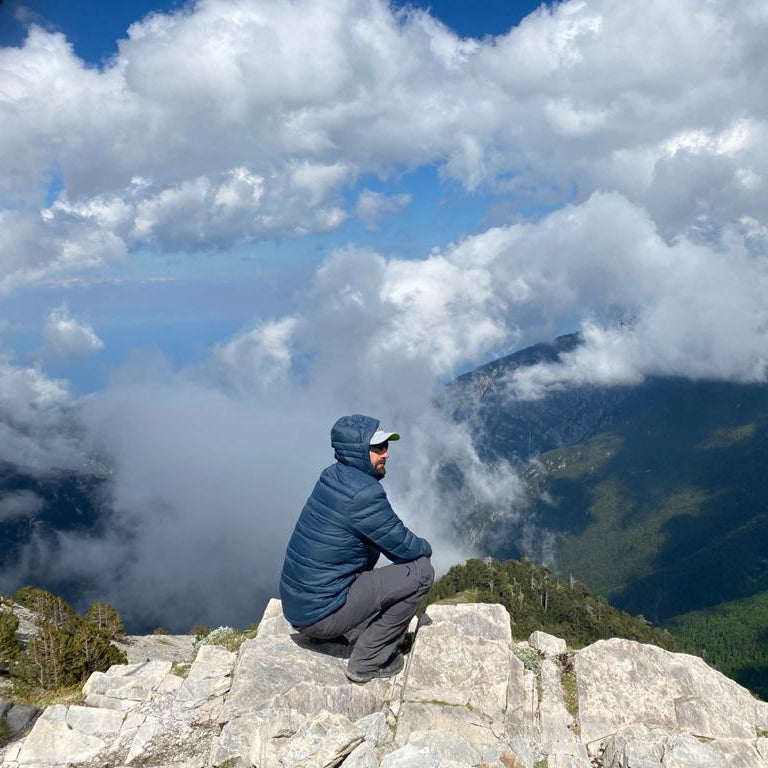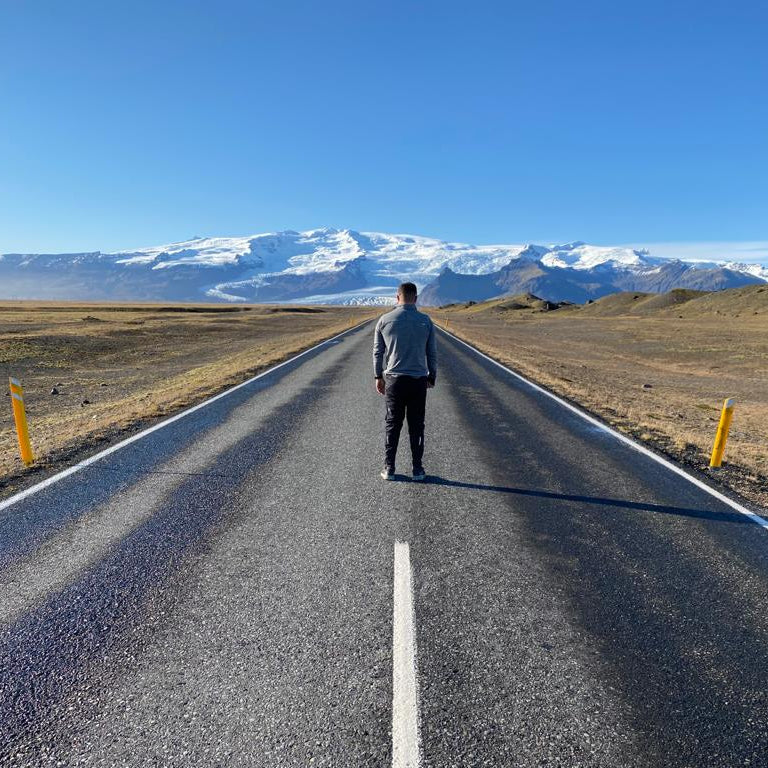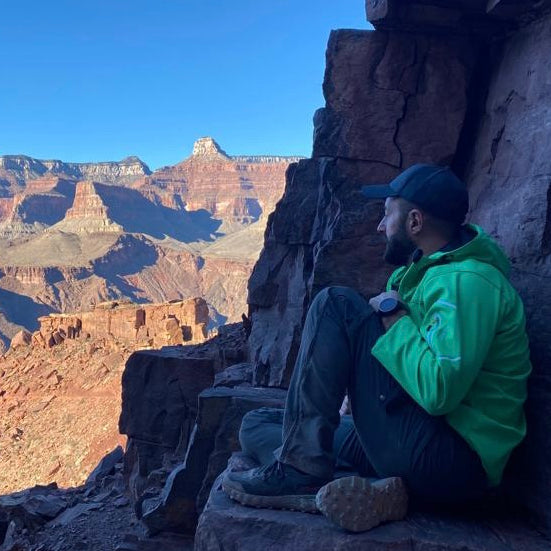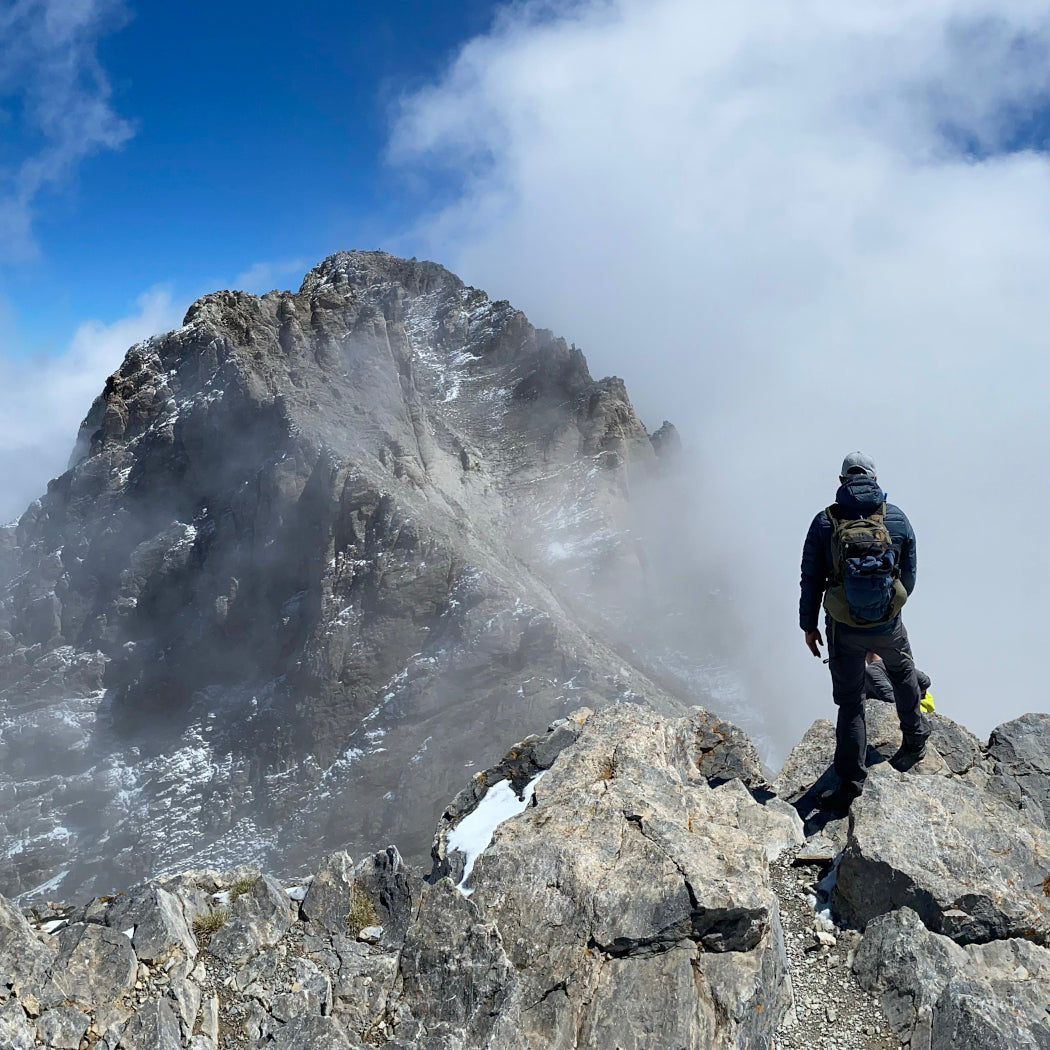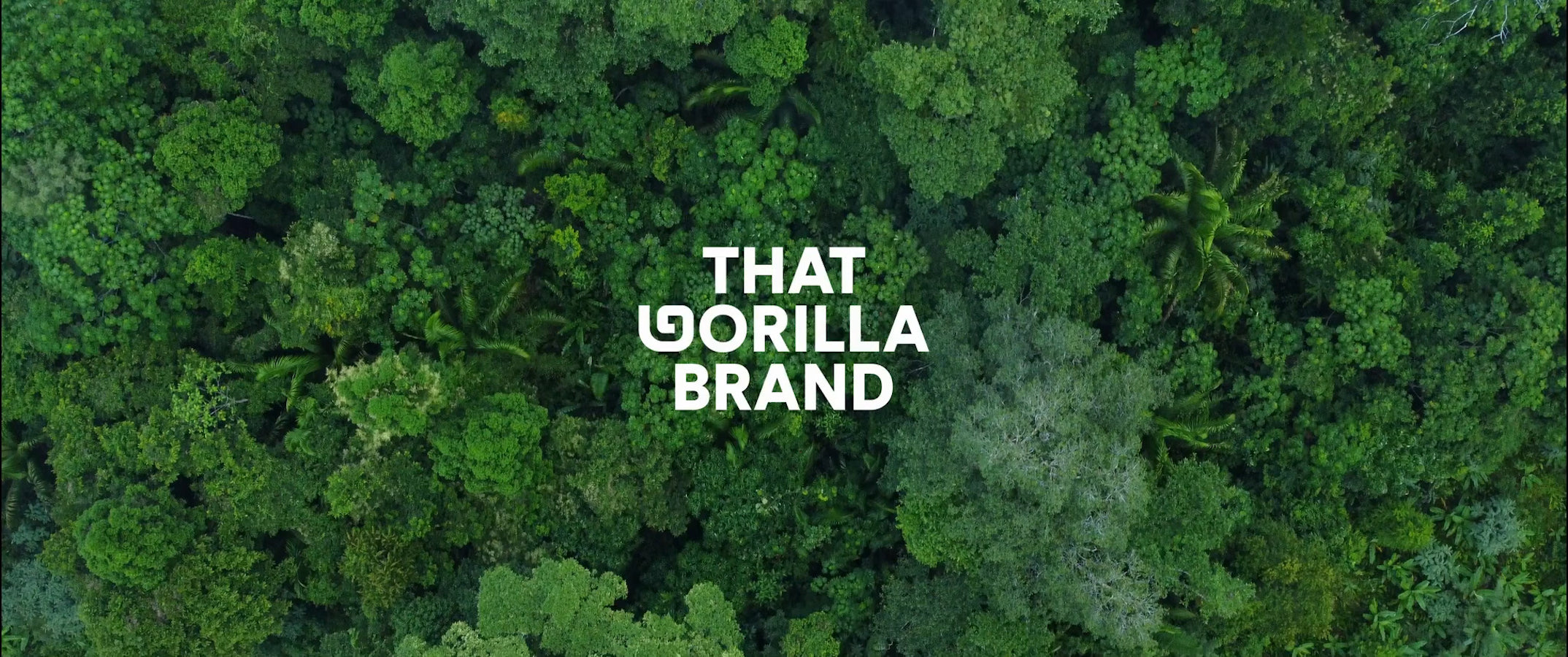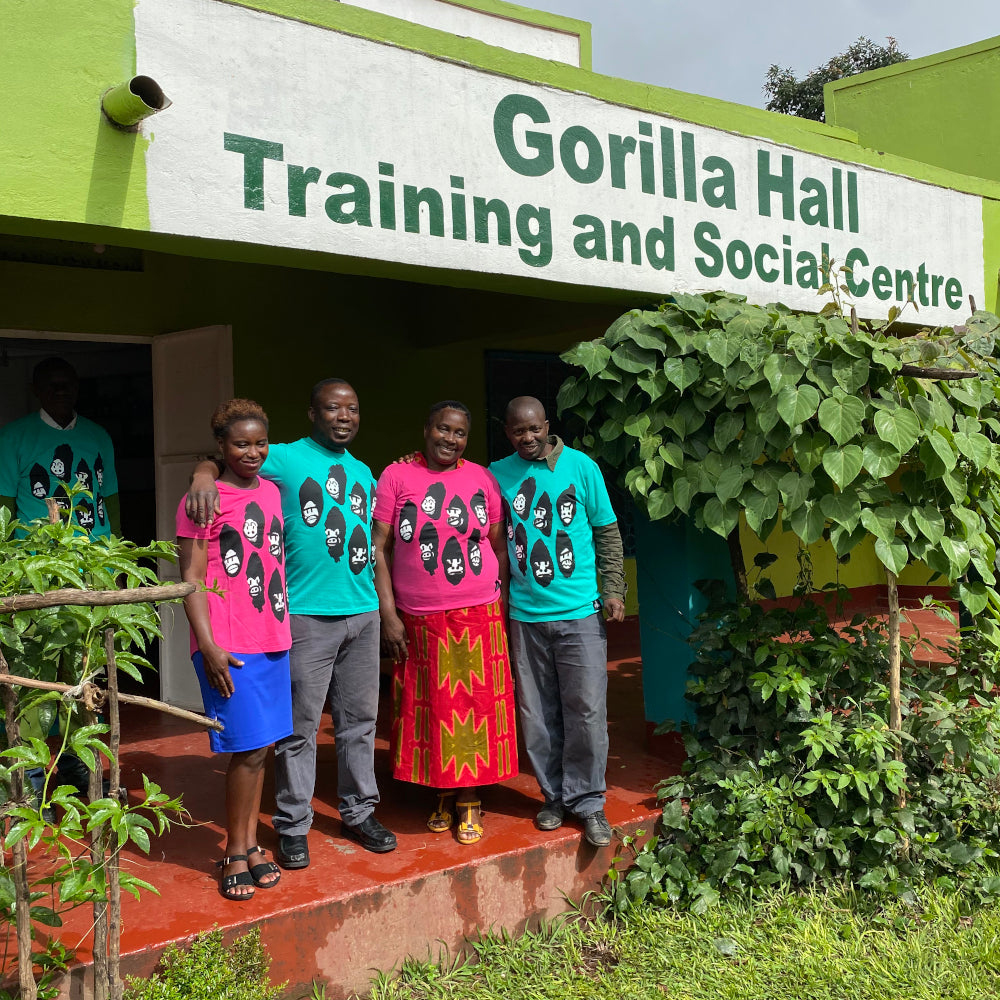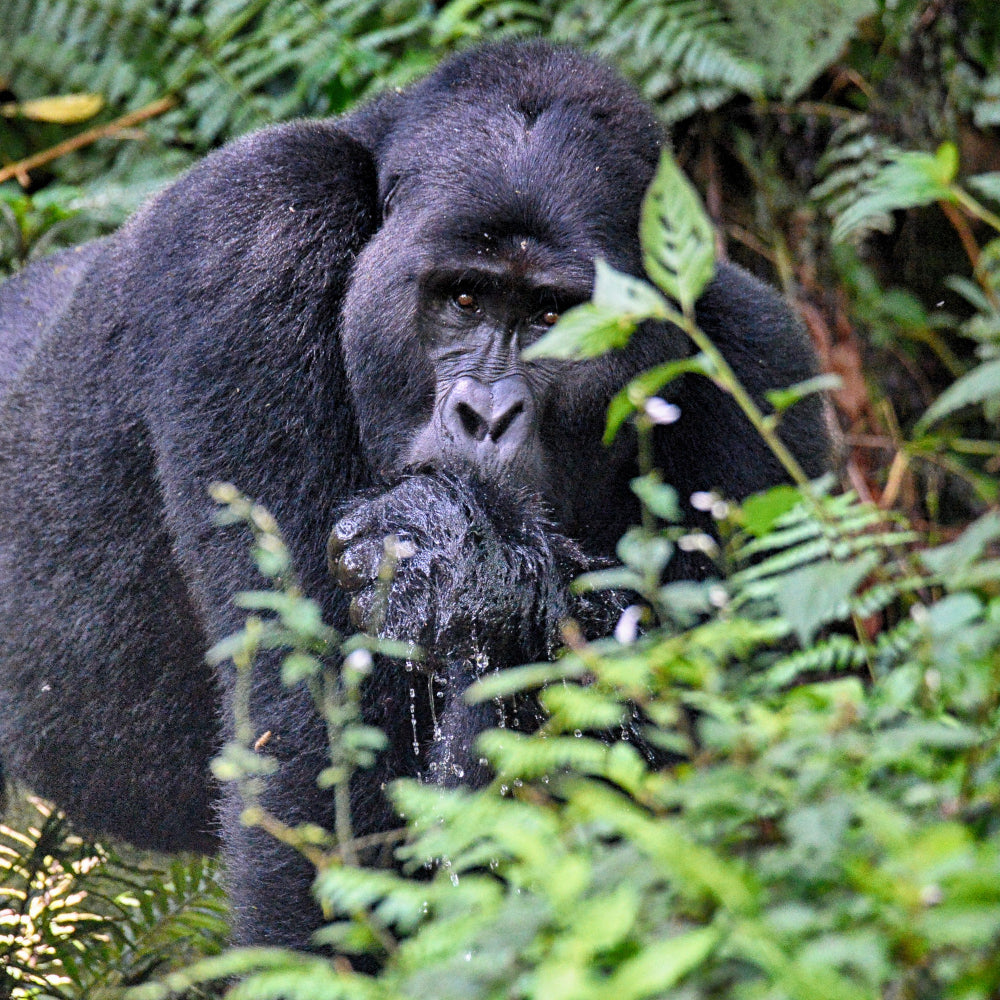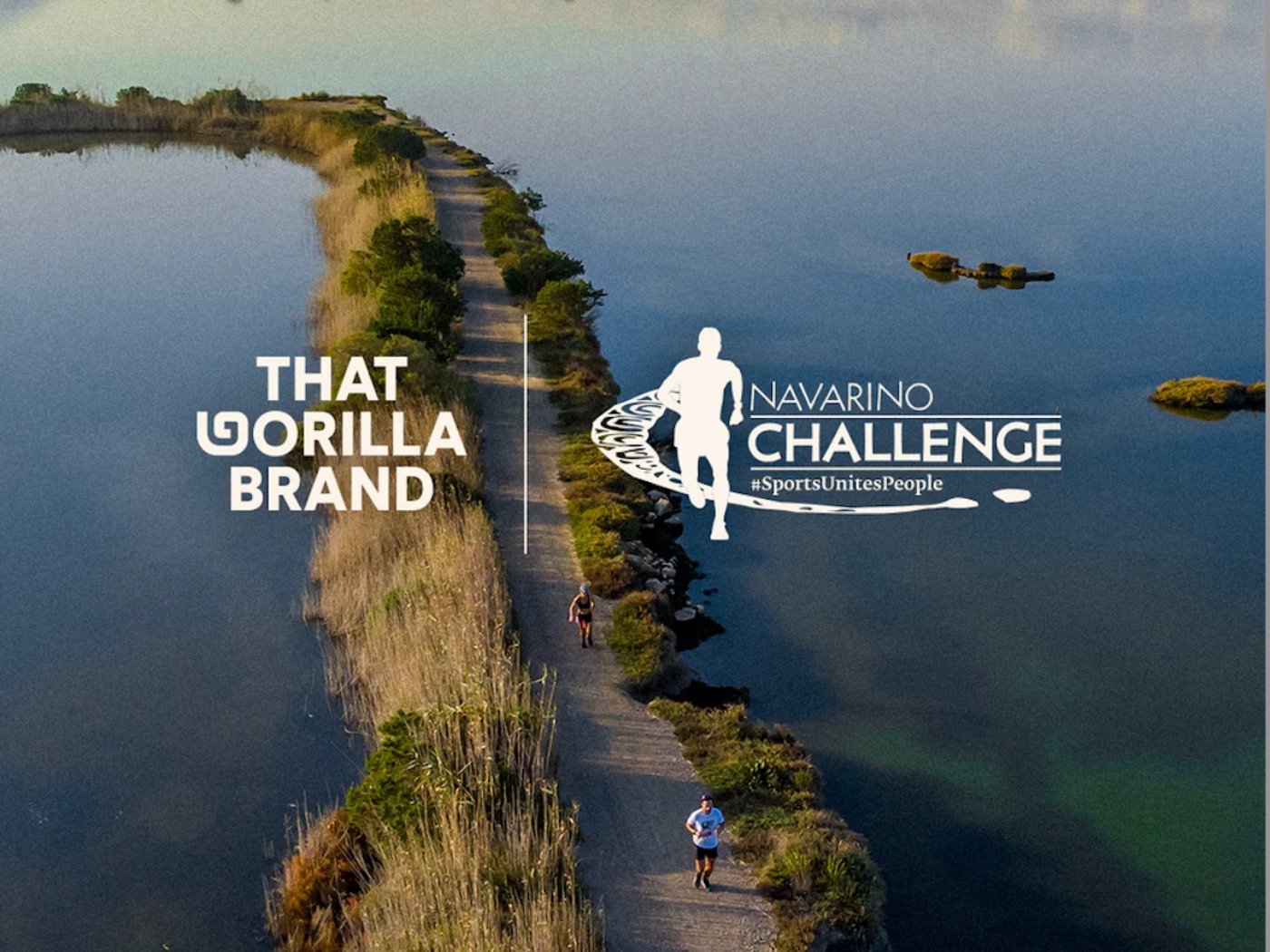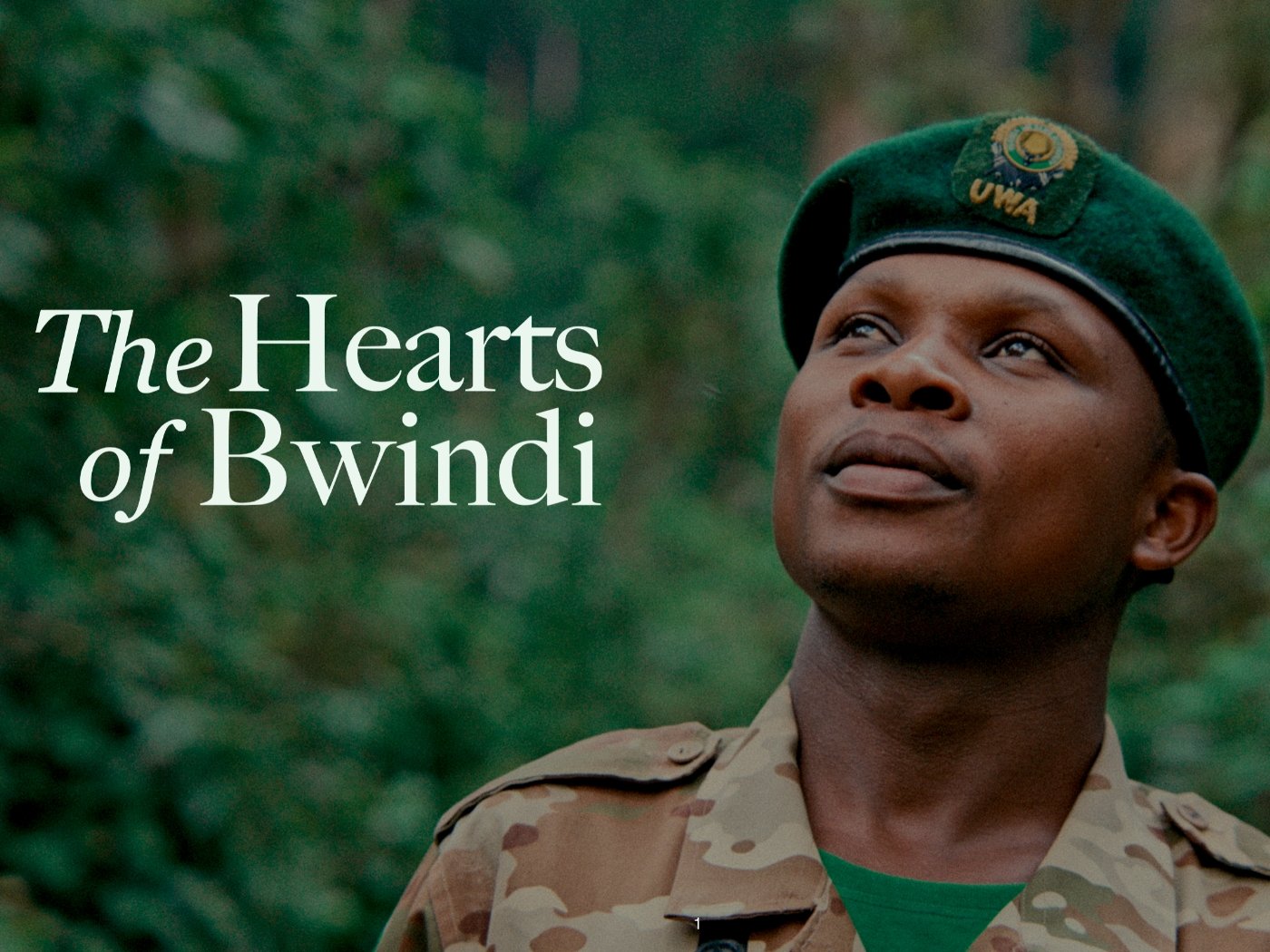The wildlife rangers who patrol the Bwindi Impenetrable National Park (BINP) are the guardian angels of this biodiverse jewel, the custodians of wildlife treasures and the champions of mountain gorillas. They are the eyes, ears and voice of the forest; they are all-round committed conservationists, protectors of wildlife, preservers of habitats, anti- poaching warriors, knowledgable guides, chaperones of trekkers, educators of tourists, teachers to local communities, mentors to future generations, arbiters of conflicts and peacemakers between neighbours. The men and women who devote their lives to patrolling and protecting this region are the real heroes of this land.

The Hearts of Bwindi is a documentary short directed by the filmmaker Charli Doherty and produced in partnership with TGB Films. It follows the activities of the BINP rangers as they go about their daily tasks, working tirelessly with an unfailing commitment to protect the mountain gorillas and preserve the neighbouring wildlife and surrounding environment. This film gives us a glimpse of their passion, dedication and allegiance to nature within the BINP. The BINP is one of Uganda’s oldest and most biologically diverse rainforests, dating back over 25,000 years. It lies in the southwestern part of Uganda, on the edge of the Rift Valley, enveloped with ranges of mist-covered hillsides, dense with trees and bushes, thick undergrowth, tangled vines, muddy slopes and rugged valleys. The high altitude and tough terrain make access routes into its core arduous. It contains almost 400 species of plants, around 120 types of mammals, 350 species of birds, over 60 species of reptiles and amphibians, and at least 200 species of butterflies. It protects about 459 mountain gorillas, around half of the world’s population. It is only through the bravery, courage and commitment of the park rangers who work so bravely to conserve this vibrant ecosystem and the unique life living within, that ensures the safety and survival of this biodiverse richness for generations to come.

As the frontline conservation sentries of the forest, overseeing and protecting all its wildlife and habitats, the park rangers of the BINP are expertly and meticulously trained by the Uganda Wildlife Authority (UWA). A ranger’s life is active, full and varied. Every day is long, exhausting, filled with vital and challenging tasks and is often exposed to dangerous and life-threatening situations. Rangers begin their days early and end their days late, waking before sunrise so they have enough time to embark on the three to four-hour trek into the jungle to begin their duties; at the end of the day, once their daily tasks have been completed, they take the taxing journey back to their lodgings. The list of jobs a ranger undertakes is wide and varied and they are on constant alert to monitor and patrol the forest in their protection of the mountain gorilla. They are vigilant in their search for any illegal activities that can endanger the mountain gorilla or any other wildlife; they look for snares and dismantle them safely if found; they monitor the health of the forest, collect conservation data and ensure fire prevention measures are up-to-date; they keep track of the mountain gorilla census, recording new births and deaths and check nests to record the number of group members; they visit troops to see if they have slept well, make individual physical checks to ensure they are in good health and observe to see if there are any unusual changes in their behaviour.

The rangers also actively participate in habituation exercises with researchers and conservationists. Habituation is a gentle and careful process of introducing wild mountain gorillas to the sight and presence of humans and requires much patience and dedication over two to three years. Rangers will guide trekkers into the forest in search of mountain gorilla troops, teach them how to conserve the environment and minimise the spread of disease to the mountain gorillas and protect both the visitors and the mountain gorillas from harm. Even when there are no trekkers the rangers will still visit the troops who are in the process of being habituated and spend many hours with them.
Rangers play a crucial role in promoting positive human relations; keeping good friendships and strengthening bonds with local people in the nearby communities is another essential part of the conservation process. Trespassers who carry out illegal activities such as poaching often do so out of desperation and a lack of opportunity; these are often friends and neighbours of the rangers, people from nearby communities. Through a programme of education and information about sustainable living and environmentally friendly farming techniques, rangers are able to encourage the local people to get involved in looking after the wonders of the forest and discourage them from engaging in any harmful pursuits to maintain a living. Many innovative community projects have been created to provide an alternative means of income for families to reduce the need for the locals to enter the forests. The Uganda Wildlife Authority also gives 10% of all the money collected from tourism activities every year to the local people to help improve their lives. The ranger is pivotal in creating community allies and helping people coexist peacefully with the wildlife and their environment, increasing community resilience and health. This complex and multi-faceted job of being a wildlife ranger comes with many sacrifices and risks; these hard-working men and women put their lives on the line every day. Threats come in all forms; systematic attacks from heavily armed and highly organised rings of poachers, rebels and other illegal groups, violent combats with the militias who run the ‘blood minerals’ trade in this region, attacks by distressed animals they are trying to rescue and exposure to disease by insect bites from infected mosquitos and ticks are just but a few. These are on top of the daily strains of working in such remote localities, navigating gruelling terrain and living away from their families and home. Many rangers have lost their lives while protecting wildlife and current global statistics state that at least three rangers lose their lives in the line of duty every week. Despite these daily dangers, life-threatening situations, long hours and physically demanding days, the rangers of the BINP remain passionate and motivated in their quest to protect their environment and the endangered mountain gorilla. Because of their steadfast commitment, the mountain gorilla population has increased, many have been habituated and they have been declassified from Critically Endangered to Endangered.
“Wildlife rangers are nature’s protectors and first responders...brave and dedicated, they work tirelessly to defend nature from those who seek to exploit it”Jane Goodall.
Monday 31st July marked World Ranger Day, a global day of recognition for these brave, dedicated and genuinely remarkable conservation lionhearts. We celebrate the tireless work they do for the protection of our Earth’s animals, plants and natural habitats and also honour those who have been killed or injured in the line of duty. These bold and courageous men and women, motivated by their deep love of wildlife and wild lands, form the forefront of our environmental defence line and are the true heroes of wildlife and nature protection.
